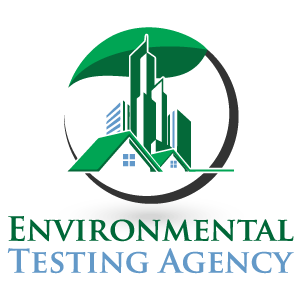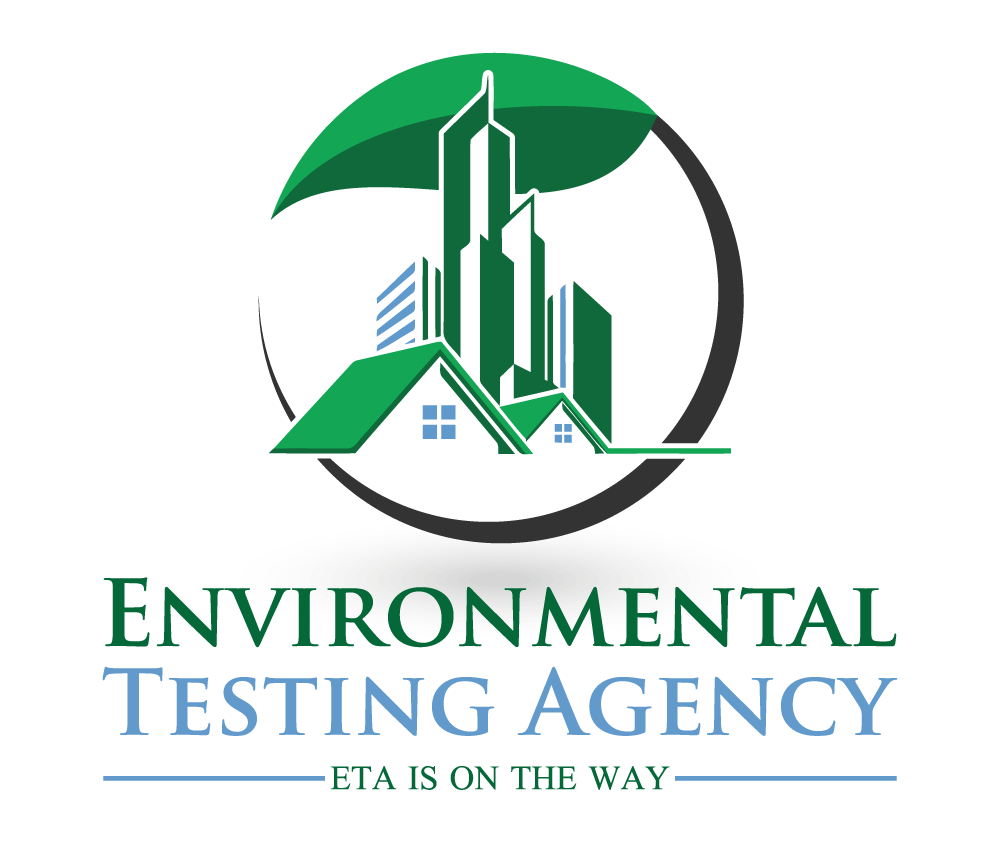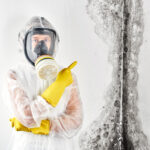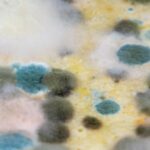How Water Pollution Affect Human Health?
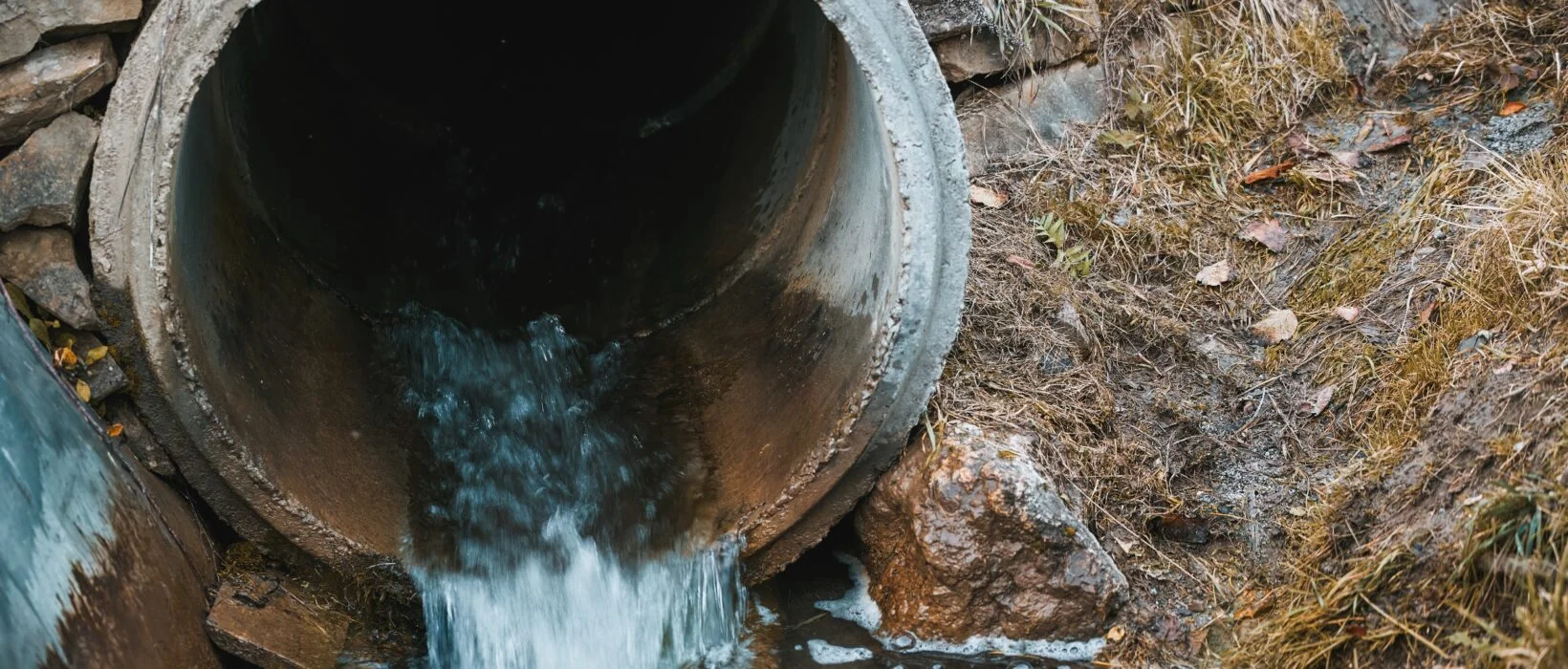
How water pollution affect human health is a serious concern for people, animals, and the environment everywhere. When harmful things like chemicals, plastics, and waste get into our water, they contaminate the sources we depend on for drinking, cooking, and bathing. This contamination often isn’t visible, but it can have serious effects.
Polluted water can cause immediate health issues, like stomach problems or skin irritation, which many people have experienced. Over time, the impact can be even more severe. Long-term exposure to pollutants can lead to chronic health issues, including certain cancers, liver and kidney damage, and neurological problems.
To understand how water pollution affect human health, we’ll look at the risks tied to specific contaminants, how pollution impacts our food and mental well-being, and what steps we can take to reduce exposure. Knowing these impacts helps us see why clean water is so important for everyone.
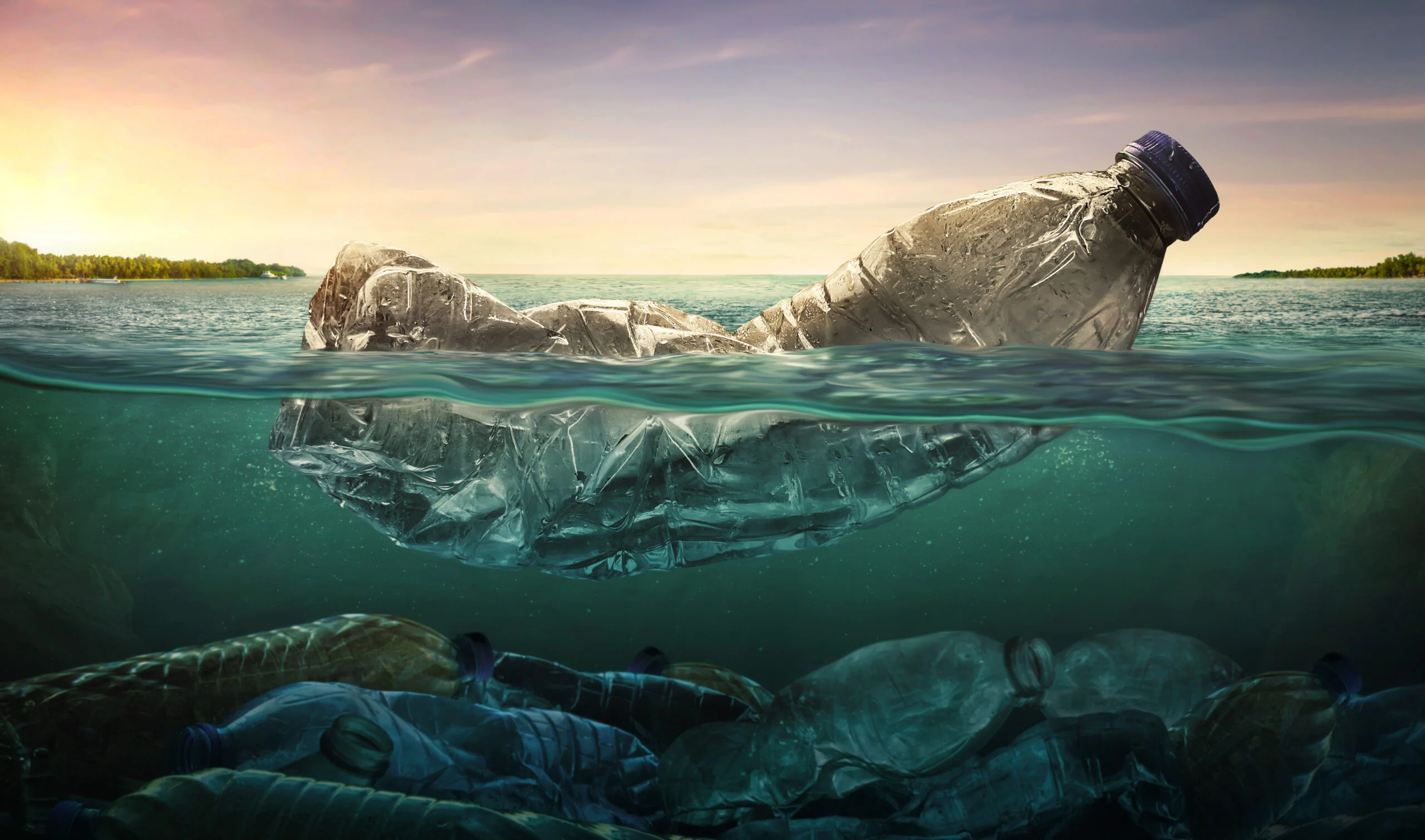
Causes of Water Pollution
Water pollution is a serious issue that impacts our health and the environment. It comes from many sources, and understanding these sources can help us find solutions. Let’s explore some of the main causes of water pollution.
Heavy Metals
Heavy metals like lead, mercury, and arsenic are significant contributors to water pollution. They often enter our water from factories, mining operations, and old pipes. These metals can be very harmful to our health, leading to issues like brain damage and organ problems.
Pesticides and Herbicides
Farmers use pesticides and herbicides to protect their crops from pests and weeds. However, when it rains or during irrigation, these chemicals can wash off the fields and into nearby rivers, lakes, and groundwater. This runoff can contaminate drinking water and harm fish and other wildlife, posing health risks to anyone who consumes the affected water or fish.
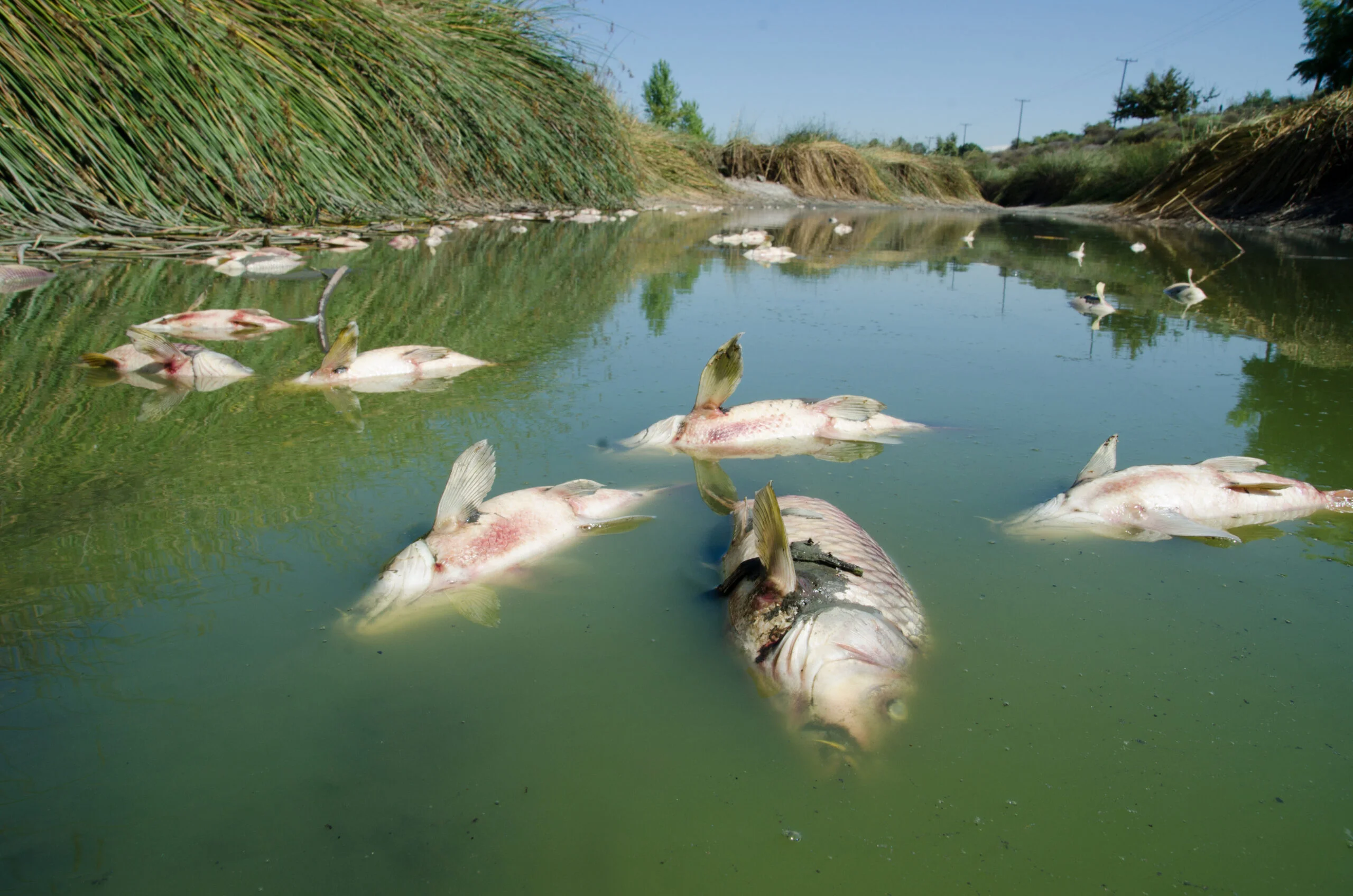
Industrial Chemicals
Factories can release a variety of chemicals into water, either accidentally or intentionally. Substances like PCBs and VOCs can linger in the environment for years and build up in fish and other wildlife, threatening entire ecosystems. Im
proper disposal of industrial waste only adds to this problem.
Agricultural Runoff
In addition to pesticides, fertilizers used to boost crop growth can seep into our water systems, introducing excess nutrients like nitrogen and phosphorus. While these nutrients might seem harmless, they can cause harmful algae blooms that reduce water quality and produce toxins, endangering both human health and aquatic life.
Wastewater and Sewage
When sewage and wastewater aren’t treated properly, they can introduce harmful substances into our water bodies. This includes germs, nutrients, and chemicals that can negatively impact our health and the environment. Issues with sewage treatment facilities or infrastructure failures can lead to significant pollution events.
Plastic Pollution
Plastic waste can break down into tiny pieces called microplastics when it enters water systems. These small particles can absorb toxic chemicals and be ingested by marine life, eventually making their way up the food chain to humans.
Oil Spills
Accidental oil spills from tankers, drilling rigs, or pipelines can cause major damage to marine and coastal ecosystems. Oil spills can coat animals, destroy habitats, and pose long-term health risks to people who rely on affected water sources.
Urban Runoff
In urban areas, rainwater can wash contaminants from roads, parking lots, and buildings into storm drains that lead directly to rivers and lakes. This runoff can carry oils, heavy metals, and other pollutants that compromise water quality.
How Pollutants Get Into Our Water
These pollutants can enter our drinking water and ecosystems in several ways. Rain can wash harmful substances off surfaces and into water bodies, while pollutants can seep into groundwater as they filter through the soil. Improper waste disposal, such as dumping chemicals down the drain or failing to treat sewage correctly, can also directly contaminate water sources.
Health Risks from Contaminants in Water
Water pollution is a big concern because it can seriously affect our health. When harmful substances get into our drinking water, they can lead to various health problems, both right away and in the long run. Let’s take a closer look at some of the most harmful pollutants and what they can do to our health.
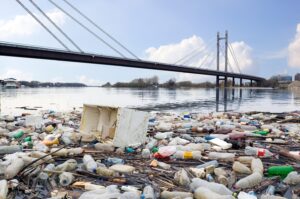
Harmful Pollutants and Their Effects
- Heavy Metals: Heavy metals like lead, mercury, and arsenic are some of the most harmful pollutants in water. Lead is especially dangerous, particularly for children. Even small amounts can lead to serious brain problems, learning difficulties, and delays in growth. It can also harm the heart and kidneys. Mercury, often found in contaminated fish, can damage the nervous system and cause symptoms like shaking, memory issues, and mood changes. Arsenic, which is commonly found in groundwater, is linked to skin problems and can increase the risk of bladder and lung cancers.
- Pesticides: Pesticides are chemicals used in farming to protect crops from pests. Sadly, these chemicals can end up in our drinking water and disrupt our hormones, leading to various health issues. Some pesticides, like glyphosate and chlorpyrifos, have been linked to higher risks of certain cancers, especially hormone-related ones like breast and prostate cancer. They can also cause immediate symptoms like nausea and headaches, and long-term exposure might affect fertility and fetal development. Children are particularly at risk, as pesticides can lead to behavioral and learning problems.
- Industrial Chemicals: Water can also become polluted with industrial chemicals, which come with their own health risks. Chemicals like PCBs (polychlorinated biphenyls) and volatile organic compounds (VOCs) can cause serious health problems. Long-term exposure can damage the liver and kidneys, cause breathing issues, and increase cancer risks. VOCs may cause short-term problems like headaches, dizziness, and eye irritation, while long-term exposure can harm respiratory health and brain function.
- Nutrients and Algal Blooms: Excess nutrients, like nitrogen and phosphorus from farming runoff, can lead to harmful algal blooms in water. These blooms can produce toxins that contaminate drinking water and seafood, causing health problems such as liver damage, breathing issues, and skin irritations. Long-term exposure to algal toxins may also affect memory and cognitive function.
- Plastic Pollutants: Microplastics, tiny pieces of plastic from larger waste, can end up in our drinking water. While we are still studying the health effects of microplastics, some research suggests they may carry harmful chemicals and could cause inflammation and other health issues when consumed. Their presence in the food chain raises additional concerns about the combined effects on human health.
Waterborne Diseases
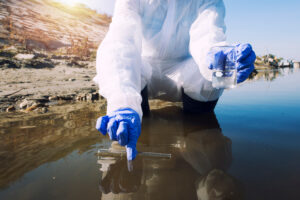
In addition to chemical pollutants, contaminated water can expose us to dangerous diseases caused by bacteria, viruses, and parasites. These germs thrive in dirty water and can cause serious health issues.
Bacterial Infections
Bacteria such as E. coli and Salmonella are common causes of waterborne illnesses.
- E. coli: Certain strains of E. coli, especially O157, can lead to severe stomach problems. Symptoms include stomach cramps, diarrhea (which may be bloody), and vomiting. In some cases, it can cause serious complications like hemolytic uremic syndrome, which can result in kidney failure, particularly in young children and the elderly.
- Cholera: This disease is caused by the bacterium Vibrio cholerae and is known for causing extreme diarrhea and dehydration. It spreads quickly in places with poor sanitation and unsafe drinking water. Without immediate treatment, cholera can lead to severe dehydration and even death within a few hours
Viral Infections
Viruses can also contaminate water, leading to illnesses that can spread rapidly through communities.
- Norovirus: This highly contagious virus is a leading cause of stomach infections around the world. It can spread through contaminated water, causing symptoms like nausea, vomiting, diarrhea, and stomach cramps. Outbreaks often occur in crowded settings, such as schools and cruise ships.
- Hepatitis A: This virus affects the liver and can be transmitted through dirty drinking water. Symptoms include fatigue, nausea, abdominal pain, and jaundice (yellowing of the skin). While most people recover fully, it can be more severe in older adults or those with liver issues.
Parasitic Infections
Parasites can also thrive in contaminated water, leading to long-term health problems.
- Giardia: This tiny parasite can cause giardiasis, an intestinal infection that leads to diarrhea, gas, bloating, and abdominal pain. Giardia is often found in freshwater sources contaminated with feces, making it a concern for campers and hikers who drink untreated water from streams or lakes.
- Cryptosporidium: Similar to Giardia, this parasite can cause gastrointestinal illness and is resistant to many common water treatment methods. Symptoms include watery diarrhea, stomach cramps, and dehydration.
Immediate Health Effects of Polluted Water
Drinking or coming into contact with polluted water can cause our bodies to react in various ways, leading to immediate health problems. These short-term effects can disrupt our daily lives and affect our overall well-being.
Common Short-Term Symptoms
- Stomach Problems: One of the most common reactions to dirty water is stomach upset. After drinking it, you might feel cramps, vomiting, or diarrhea. These symptoms can be uncomfortable and can lead to dehydration, especially dangerous for young children and older adults. Dehydration can leave you feeling tired, dizzy, and give you headaches, making it hard to do your daily activities.
- Skin Issues: If you touch polluted water, you may develop skin rashes or irritations. Chemicals, heavy metals, or germs in the water can cause redness, itching, or swelling. If these skin issues aren’t taken care of, they can become infected, leading to even more discomfort and possibly requiring medical attention.
- Eye Irritation: Getting polluted water in your eyes can also cause irritation. You might notice redness, itching, or a burning sensation, particularly if the water contains harmful chemicals or germs. This irritation can be distracting and make it difficult to concentrate on your work or other tasks at home.
- Other Reactions: Inhaling contaminated water while swimming can cause additional reactions, like breathing problems. Symptoms may include coughing, wheezing, or feeling short of breath, which can be alarming and may need immediate medical help.
Effects on Daily Life
These immediate symptoms can affect both your physical and mental health. Stomach issues can keep you from going to work or school because it’s hard to focus when you feel nauseous or uncomfortable. Skin rashes and eye irritation can make you feel self-conscious, impacting your confidence and mental state.
Additionally, facing health issues from polluted water can lead to stress and frustration. You might feel helpless about preventing contamination or unsure about whether your water supply is safe. All of this can take a toll on your overall well-being.

Long-Term Health Effects of Water Pollution
Drinking polluted water can be alarming, and the immediate effects are often just the beginning. The long-term health risks can be even more serious, leading to significant issues that can affect not only individuals but also entire communities.
Health Issues from Long-Term Exposure
- Cancer: Many harmful substances in water, like industrial chemicals and pesticides, are linked to a higher risk of cancer. For instance, long-term exposure to chemicals such as benzene and trichloroethylene can increase the chances of developing cancers like leukemia and bladder cancer. These toxins can accumulate in the body over time, often leading to late-stage diagnoses when treatment options are limited.
- Liver and Kidney Damage: Our liver and kidneys play important roles in filtering out toxins. Ongoing exposure to pollutants, especially heavy metals like lead and mercury, can cause serious harm. This damage can lead to chronic liver disease or kidney issues, sometimes requiring ongoing treatments like dialysis. Often, symptoms may not appear until significant damage has occurred, making early detection challenging.
- Neurological Disorders: Some contaminants can impact the nervous system and lead to lasting neurological problems. Heavy metals, particularly lead and mercury, can harm brain function. Prolonged exposure can result in issues such as memory loss, difficulty concentrating, and coordination problems, making daily tasks harder and affecting overall quality of life.
- Hormonal and Reproductive Issues: Chemicals in polluted water can disrupt hormone levels, leading to reproductive problems for both men and women. Women may experience irregular menstrual cycles or complications during pregnancy, while men may face reduced fertility. The presence of these chemicals in drinking water poses serious risks for families trying to conceive.
Who is Most Affected by Water Pollution
Certain groups of people are more vulnerable to the long-term effects of water pollution, and it’s important to understand their specific challenges:
- Children: Young children are especially at risk because their bodies are still growing and developing. Long-term exposure to contaminated water can lead to serious developmental problems, including delays in learning and physical growth.
- Pregnant Women: Expectant mothers face even greater risks. Harmful chemicals can pass through the placenta, potentially affecting the unborn baby. Exposure to certain pollutants can lead to birth defects, low birth weight, and developmental challenges later in life.
- Elderly Individuals: Older adults are also more vulnerable to the harmful effects of polluted water. As we age, our immune systems can weaken, making it harder for our bodies to fight off illnesses. Long-term exposure to contaminants can worsen existing health problems and increase the risk of serious diseases. This group is also more likely to face complications from infections caused by germs in contaminated water.
Indirect Health Impacts of Water Pollution
Water pollution doesn’t just hurt those who drink dirty water; it affects our food and mental health too.
Contaminated Food Supply
Fish and Seafood: One major concern is how water pollution gets into our food through fish and seafood. When water is polluted with harmful metals and chemicals, fish and shellfish absorb these toxins. Eating contaminated seafood can lead to serious health issues over time, including nerve damage.
Crops: Crops watered with polluted water can also carry harmful substances into our meals. Chemicals and metals can seep into the soil and be taken up by plants. Regularly eating these contaminated crops can expose us to dangerous substances.
Mental Health and Community Well-Being
The effects of water pollution go beyond physical health; they also impact our mental well-being, especially in areas without access to clean water.
Psychological Impact: Living in a place where safe drinking water isn’t guaranteed can lead to stress and anxiety. People may constantly worry about the safety of their water supply, which affects their sense of security. This stress can be especially hard on families as they think about the risks to their loved ones.
Financial Strain: Communities that rely on farming or fishing may face economic challenges due to water pollution. The need to buy bottled water or invest in filtration systems can create financial pressure. If crops or fish are deemed unsafe, it can jeopardize jobs, putting both emotional and financial stress on families.
Prevention Options
To protect ourselves from polluted water, here are some simple steps we can take:
Ways to Protect Against Exposure
- Water Filtration Systems: Installing a good water filter can significantly reduce harmful substances in drinking water. Different filters can remove heavy metals, chemicals, and bacteria, ensuring cleaner water for your home.
- Boiling Water: Boiling water is a straightforward way to kill germs. This method is especially helpful when the water supply is questionable or during emergencies.
- Safe Water Storage: Using clean containers and sealing them properly can help keep your water safe. Regularly cleaning your water storage containers can prevent the growth of harmful bacteria.
- Staying Informed: Being aware of local water quality reports and supporting regulations for cleaner water are important for community health. Getting involved in initiatives that advocate for stricter rules on pollution can help protect everyone’s health.
Understanding Water Pollution and Health
It’s important to understand how water pollution affects our health so we can protect ourselves and our communities. The impacts can show up right away, like making us sick, or they can cause long-term issues that influence our food and mental well-being.
By taking action to cut down on water pollution and ensure our drinking water is safe, we can boost public health. It’s important to encourage everyone to get involved in promoting cleaner water in our neighborhoods. When we work together, we can build a future where everyone has access to safe, clean water. This is a basic right that supports our health and improves our quality of life. Reach out to us at ETA for our water testing services, we are happy to help you and your family thrive!

FAQs On How Water Pollution Affect Human Health?
- What Causes Water Pollution?
Water pollution can come from many different sources. Factories might release waste, farms can have runoff that carries pesticides and fertilizers, and sewage systems can contribute to the problem. Heavy metals also play a role. When these harmful substances get into rivers, lakes, and groundwater, they can make drinking water unsafe.
- How Can I Tell If My Drinking Water Is Contaminated?
If your drinking water tastes strange, smells off, looks cloudy, or has visible particles, it might be contaminated. To get a clearer picture, you can ask your local water supplier for a water quality report, use a home testing kit, or send a water sample to a lab for analysis. If you rely on a private well, regular testing is really important.
- What Health Risks Come from Drinking Contaminated Water?
Drinking water that’s contaminated can lead to various health issues. You might face stomach infections, nerve problems, or even long-term issues with your kidneys or liver. The specific risks depend on the pollutants in the water. For example, lead exposure can affect your nervous system, while bacteria like E. coli can cause severe digestive issues.
- Who Is Most at Risk from Water Pollution?
Some people are more vulnerable to the effects of water pollution. This includes children, pregnant women, older adults, and those with existing health conditions. Their bodies might not handle toxins as well, putting them at greater risk for health problems.
- How Can I Protect My Family from Water Pollution?
To keep your family safe from water pollution, consider using a water filtration system to help reduce contaminants. If you suspect your water might be unsafe, boiling it can be a good temporary solution. Staying informed about local water quality reports is also important. You can also support community efforts to improve water infrastructure, which helps ensure everyone has access to safe drinking water.
- Are There Treatments for Health Issues Caused by Water Pollution?
Yes, there are treatments available for many health issues related to water pollution. For illnesses caused by contaminated water, doctors may prescribe antibiotics or antivirals, depending on the type of infection. For longer-term health problems, ongoing medical care and regular check-ups can help manage symptoms and improve quality of life.
- How Does Water Pollution Impact Mental Health?
Worrying about the quality of your drinking water can really affect your mental health. Communities dealing with water pollution might feel stressed and financially strained, especially if they depend on agriculture or fishing for their livelihoods. Tackling water pollution not only helps physical health but can also improve the overall well-being of the community.
- What Role Can Communities Play in Combating Water Pollution?
Communities can make a big difference by advocating for stronger environmental regulations and participating in local clean-up efforts. Raising awareness about the importance of clean water is crucial, too. Supporting policies that promote sustainable practices can help reduce pollution and protect drinking water supplies for everyone.

